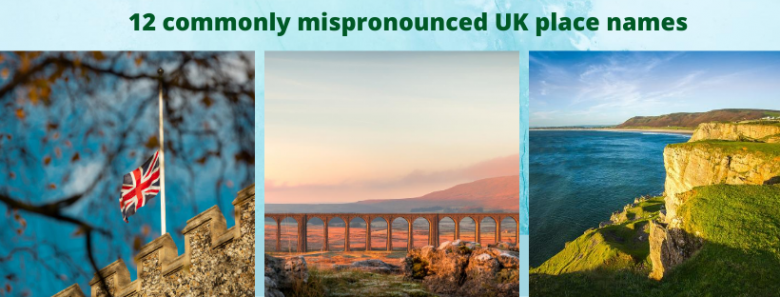Let’s be honest, English pronunciation is not easy, nor are some place names we often come across when we travel through the UK, look at a map or read an article. The reason why there are so many exceptions in pronunciation is due to the fact that the language of the British Isles has undergone …

